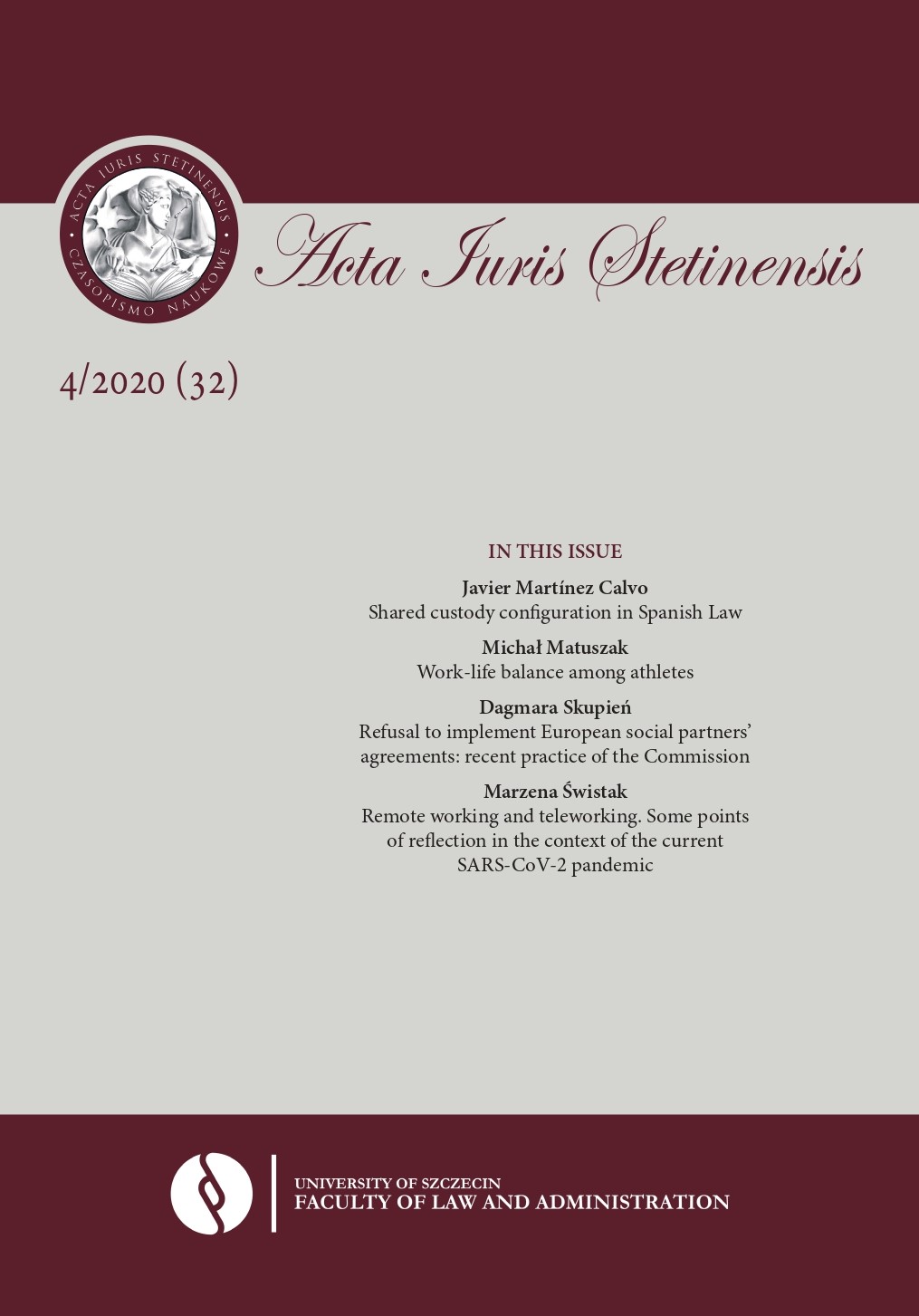Captatoria conditio: meaning and admissibility in the light of freedom of testation. Analysis of selected legislations of Western European countries.
Captatoria conditio: meaning and admissibility in the light of freedom of testation. Analysis of selected legislations of Western European countries.
Author(s): Anna PaluchSubject(s): Law, Constitution, Jurisprudence, Civil Law, Comparative Law
Published by: Wydawnictwo Naukowe Uniwersytetu Szczecińskiego
Keywords: captatoria conditio; freedom of testation; testamentary conditions
Summary/Abstract: The purpose of this paper is the presentation and analysis of the testamentary disposition, present in some foreign legal orders, known by the Latin name captatoria conditio, being a particular type of conditional appointment to inheritance. The analysis includes functions of captatoria conditio and axiological doubts related to it. In the research, the examination of applicable laws and the comparative methods were used, which allowed the analysis of the form and functions of captatoria conditio and its prohibition in foreign legal orders. Conducted in such a way, the research led to the conclusion that particular systems of the law of succession include different regulations regarding the validity and effectiveness of captatoria conditio. On the basis of the analysis of the functions of captatoria conditio, this paper presents the thesis that in the case of such a disposition mortis causa there is not any excessive interference with the autonomy of the beneficiary mortis causa because he or she is always entitled to reject the inheritance. This conclusion speaks for the admissibility of captatoria conditio if the conditional appointment to inheritance is possible in a given legal system. Axiological doubts do not give arguments for the prohibition of captatoria conditio.
Journal: Acta Iuris Stetinensis
- Issue Year: 2020
- Issue No: 32 (4)
- Page Range: 51-63
- Page Count: 13
- Language: English

